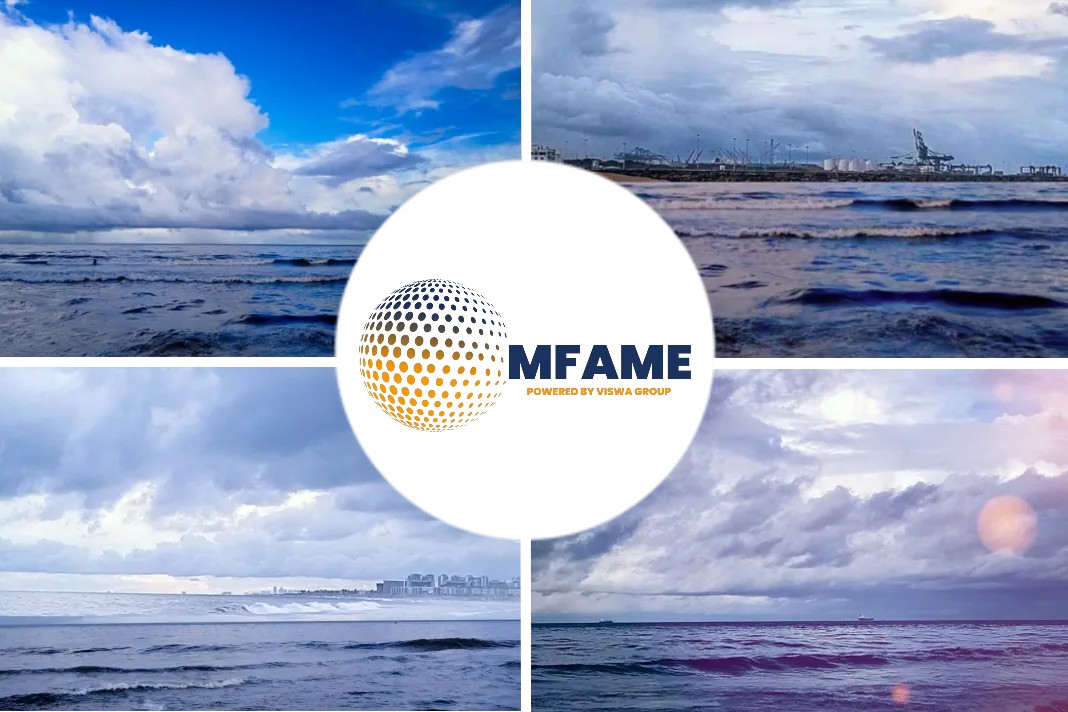7 Stena Line vessels now operate with AI assistance, with the aim to reduce fuel consumption and CO2 emissions by 5 %, says an article published in their website.
The task to investigate task to investigate
The Stena Fuel Pilot started as a pilot study on Stena Scandinavica on the Gothenburg-Kiel route back in 2018 with the task to investigate and explore how artificial intelligence can be used to support the captains and crews on board to save fuel and reduce CO2 emissions.
Combines artificial intelligence
The AI assistant, now called “Stena Fuel Pilot”, combines artificial intelligence, nautical expertise, and data sources such as current, waves, depth, wind as well as the vessel characteristics and the route timetable. The conservative saving of fuel is 2 % and the potential is more than 5 %. In total, 7 Stena Line vessels in Scandinavia, Germany, and the Baltic Sea now operate with AI assistance, and the company plans for a fleet-wide rollout. The latest two that introduced the AI assistant onboard was Mecklenburg-Vorpommern on the Trelleborg-Rostock route and Stena Flavia, currently operating on Nynäshamn-Ventspils.
Exploring tomorrow’s fuels and technologies
“We are working hard to reduce our fuel consumption and emissions, while at the same time exploring tomorrow’s fuels and technologies. The main drivers behind the reduction of emissions in 2020 are that we have introduced three new energy-efficient vessels, on the Irish Sea. We have also introduced renewable shore electricity during port calls in Kiel and in total seven ships in the fleet have been equipped with the AI assistant Stena Fuel Pilot to support our captains in operating the vessels in the most energy-efficient way,” says Erik Lewenhaupt, Group Head of Sustainability at Stena Line.
Electrification of the port and vessel operation
In 2020, Stena Line continued to reduce its total CO2 emissions and is ten years ahead of the IMO international shipping emission reduction targets. The use of artificial intelligence onboard is one of the four key areas Stena Line has identified to reduce carbon dioxide emissions by 30 % by 2030, in order to achieve the ambitious target to become completely fossil-free by 2050.
The other key areas are electrification of the port and vessel operation, increase the use of alternative fuels such as methanol and hydrogen as well as modernizing the existing fleet as well as the introduction of new efficient vessels such as the five E-Flexer vessels being introduced 2020-2022.
Did you subscribe to our daily newsletter?
It’s Free! Click here to Subscribe!
Source: StenaLine

















